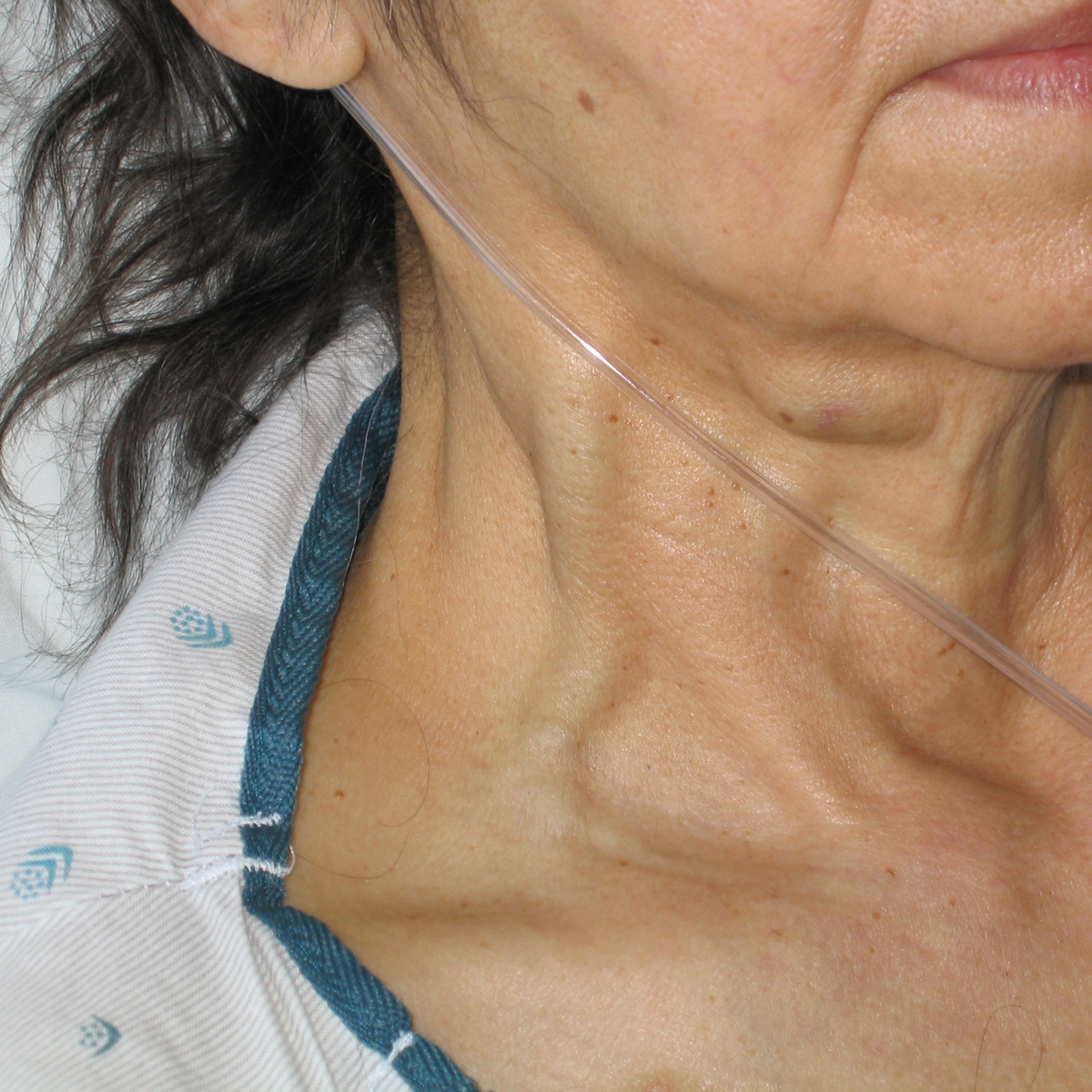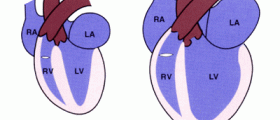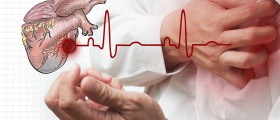
The main function of the heart is to pump the blood so that the body’s needs for the blood which is rich in the oxygen would be met. However, in situations when the heart cannot meet the needs of the body, either due to the weakened or stiffened heart muscle, or due to the body’s increased need for the oxygen, we talk about the condition known as congestive heart failure. The causes may be various, starting from heart attacks and heart infections which weaken the muscles of ventricles, or the chambers of the heart, to amyloidosis, hemochromatosis or other similar diseases which usually lead to the stiffening of the heart muscle, thus resulting in diastolic dysfunction, which means that ventricles are unable to relax and fill. On the other side, there are conditions such as hyperthyroidism, for example, that increase the body’s need for the oxygen, and in such cases, sooner or later the heart will have to give up in front of such demands, and won’t be able to deliver the necessary blood.
Symptoms
Speaking of congestive heart failure, the earliest symptom related to this condition is tiredness, but given that it can indicate numerous other conditions as well, people usually react when some other symptoms show up along with it. The symptom that should not be ignored is swelling, either in legs, or area of the abdomen, and the main reason for the swelling is the accumulation of fluid. However, if this fluid accumulates in lungs, as it tends to do very frequently, shortness of breath will be the main indicator. Accumulation of the fluid may occur in other parts of the body as well, and it will also result in increased urination, particularly at night.
Tests and Treatments
There are several laboratory tests which have to be done for congestive heart failure to be diagnosed, and they include ECG, chest x-ray, echocardiogram and angiography. Along with the health history of the patient and a physical exam, this is usually enough to determine whether this condition is in question or not. In some cases, biopsy of a heart tissue may be required, or even BNP, or the test of brain natriuretic peptide level in the blood. As for the treatment, this condition cannot be cured unless the patient gets a heart transplant. However, since this procedure is not done very frequently, the other methods of the treatment are used in order to keep the disease under control and to relieve the symptoms. These methods include the use of certain medications such as ACE inhibitors, beta-blockers and diuretics, but a very important part of the treatment is related to the change of the patient’s lifestyle. Such a change may range from the changes in the diet, to aerobic exercises, which are highly advised and beneficial in such cases.
















Your thoughts on this
Loading...